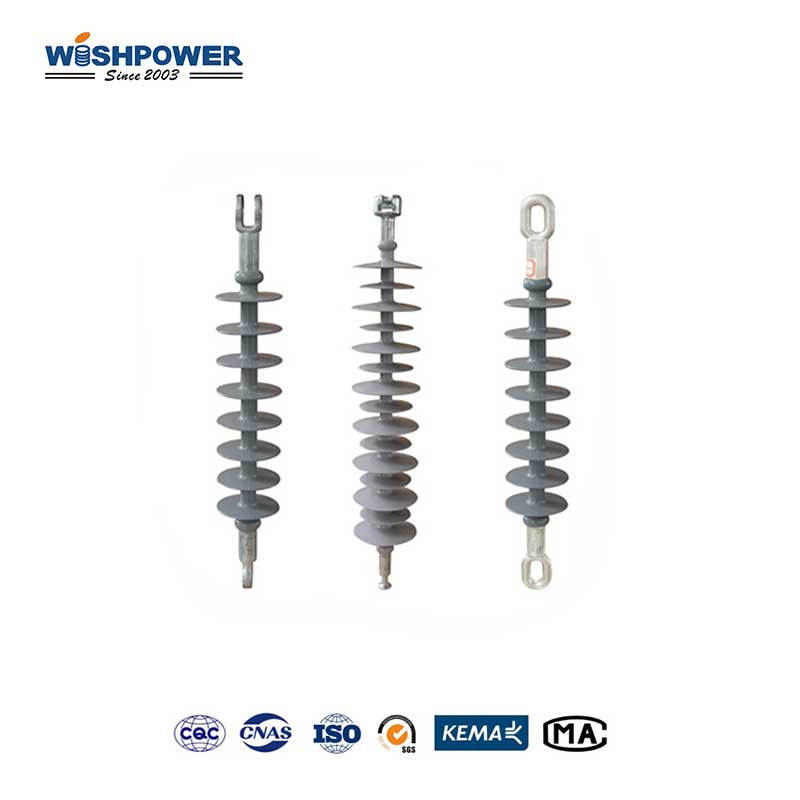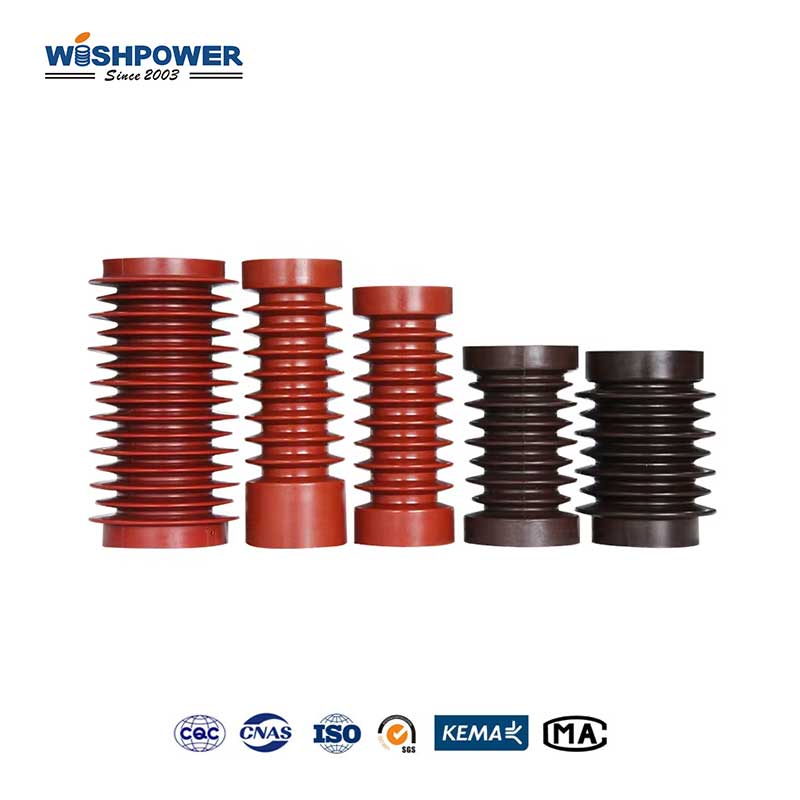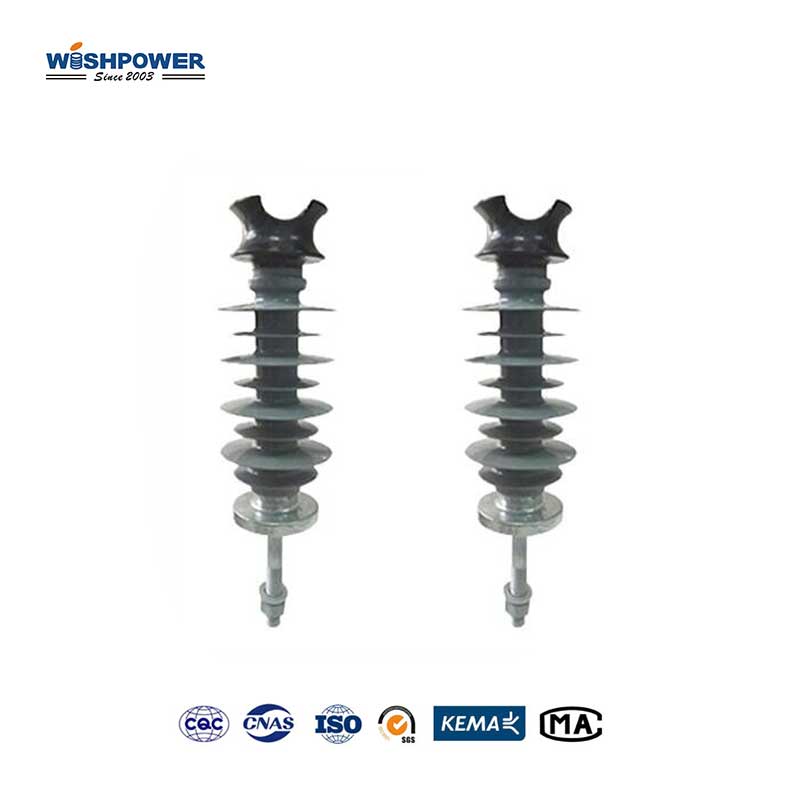On July 29, State Grid Corporation of China held a mobilization meeting for the start of the Gansu-Zhejiang ±800 kV UHV DC project, in-depth study and implementation of the spirit of the Third Plenary Session of the 20th CPC Central Committee, to serve the overall work of the Party and the country with practical actions, and better support and serve China’s modernization. Gansu Provincial Party Secretary Hu Changsheng, Zhejiang Provincial Party Secretary Yi Lianhong, Gansu Provincial Party Deputy Secretary and Governor Ren Zhenhe, Zhejiang Provincial Party Deputy Secretary and Governor Wang Hao, the company’s chairman and party group secretary Zhang Zhigang, the company’s general manager and party group deputy secretary Pang Xiaogang attended the meeting. Gansu Provincial Party Committee Member and Executive Vice Governor Cheng Xiaobo, Provincial Party Committee Member and Provincial Party Committee Secretary Zhang Wei, China Huadian Corporation General Manager and Party Group Deputy Secretary Ye Xiangdong attended the meeting at the Gansu venue. Zhejiang Provincial Party Committee Member and Executive Vice Governor Xu Wenguang, Provincial Party Committee Member, and Provincial Party Committee Secretary Qiu Qiwen attended the meeting at the Zhejiang venue. The company’s deputy general manager and party group member Pan Jingdong presided over the meeting.
At about 11 a.m., Hu Changsheng, Yi Lianhong, Ren Zhenhe, Wang Hao, Zhang Zhigang, and Pang Xiaogang jointly started the project.
Ren Zhenhe said that the start of the Gansu-Zhejiang UHV project is a concrete action to promote the development of the western region in the new era to form further a new pattern of great protection, great opening up, and high-quality development. It is an important measure to accelerate the construction of the Shagohuang large-scale wind power and photovoltaic base and build a new power system. It is significant to better promote regional coordinated development and cultivate and develop new quality productivity according to local conditions. It will effectively promote the transformation of Gansu’s energy resource advantages, promote the revolution in energy production and consumption, and ensure the security and stability of the industrial chain and supply chain. Gansu will take the initiative to provide services, advance services, and provide meticulous services, and strive to build the project into a new model of central-local cooperation, a new support for energy security, and a new demonstration of energy revolution.
Wang Hao said that the start of the Gansu-Zhejiang UHV project is a concrete measure to implement General Secretary Xi Jinping’s new energy security strategy of “four revolutions and one cooperation”. It is of great significance and far-reaching impact. It will help Zhejiang improve its energy security capabilities, optimize the energy supply structure, and accelerate the green and low-carbon transformation. Zhejiang will act upon the order, exert its full strength, strengthen the special team, take the initiative to provide services, go all out to work hard, strive for excellence in quality, keep a vigilant eye on safety, and work together with all parties to create a landmark era project and strive to complete and put the project into operation as soon as possible and bring benefits. It is hoped that the State Grid Corporation of China will continue to support Zhejiang’s high-quality development and provide a strong power guarantee for Zhejiang to meet the peak summer demand.
Zhang Zhigang said that the construction of the Gansu-Zhejiang UHV project is a concrete practice to thoroughly implement the important instructions of General Secretary Xi Jinping and better promote the revolution in energy production and consumption.
This is a major project to ensure the safe and reliable supply of electricity and serve the coordinated development of the region. After the completion of the project, more than 36 billion kWh of electricity can be transmitted to Zhejiang every year, realizing the complementary advantages of resource markets.
This is a green project to promote the clean and low-carbon transformation of energy and accelerate the construction of a new power system. After the completion of the project, it can promote the consumption of more than 21 billion kWh of new energy electricity and reduce carbon dioxide emissions by 17 million tons every year, supporting the large-scale development and utilization of clean energy.
This is a demonstration project to cultivate and develop new quality productivity and promote high-level scientific and technological self-reliance. For the first time, the independently developed UHV flexible DC technology was used at both the transmission and receiving ends, and key technologies such as large-capacity flexible DC conversion and high-proportion new energy grid connection were overcome, consolidating my country’s leading advantage in UHV transmission technology.
This is a livelihood project that expands effective investment and helps stabilize expectations, growth and employment. It can drive investment in the upstream and downstream of the industrial chain of more than 80 billion yuan, which will play a positive role in promoting common prosperity, promoting high-quality full employment and improving people’s well-being. The company will give full play to the advantages of the group, carefully organize, deploy and manage leanly, and make every effort to ensure the high-quality and efficient advancement of the project.
The meeting was held via video. Relevant officials from the Electricity Department of the National Energy Administration and the head of the Gansu Energy Regulatory Office, Zhang Weiwen, Secretary General of the Gansu Provincial Government, Duan Xiaobin, Deputy Secretary General, Xu Dake, Secretary General of the Zhejiang Provincial Government, heads of relevant departments of the Gansu and Zhejiang Provincial Party Committees and Governments and heads of relevant cities and districts, Wang Shuxiang, Assistant to the General Manager and Director of the Office of the Company, Feng Kai, Assistant to the General Manager, Meng Qingqiang, Chief Engineer, Li Yonglai, Deputy Chief Engineer and Director of the Northwest Branch, Yang Yong, Deputy Chief Engineer and Director of the East China Branch, heads of relevant departments and units of the company, representatives of relevant energy and power enterprises and construction units, etc. attended the meeting at various venues.








